Las Vegas rehab center director battled her own demons
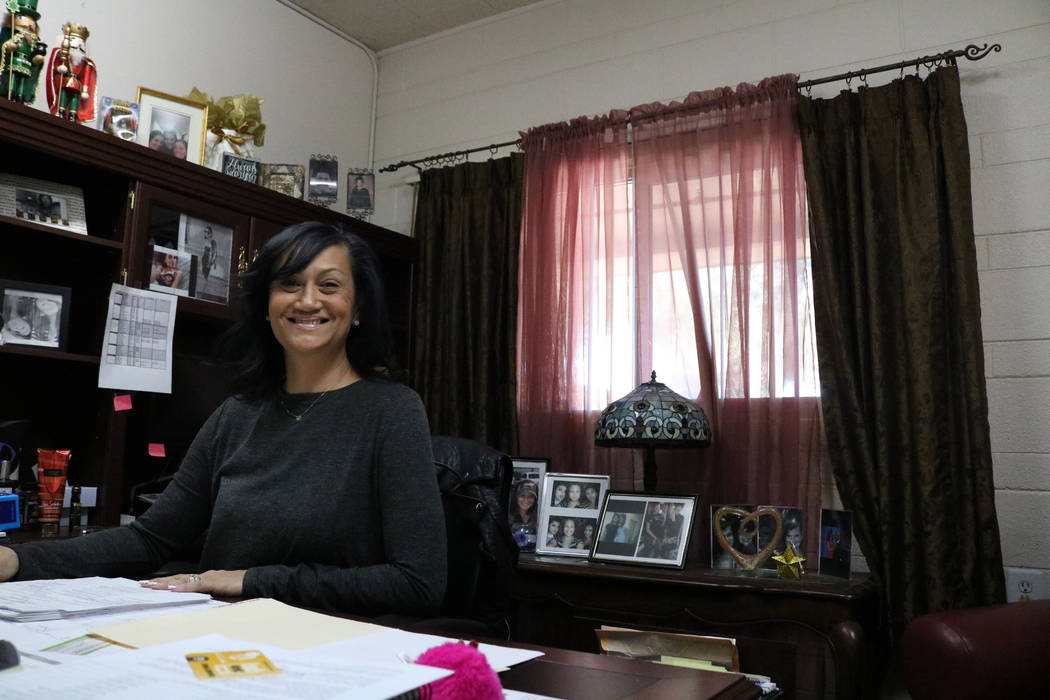
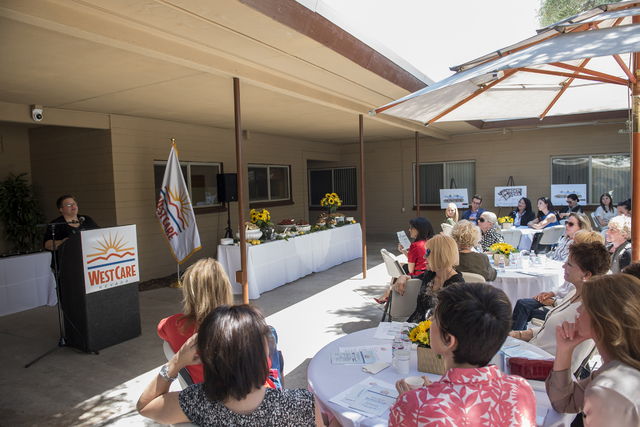
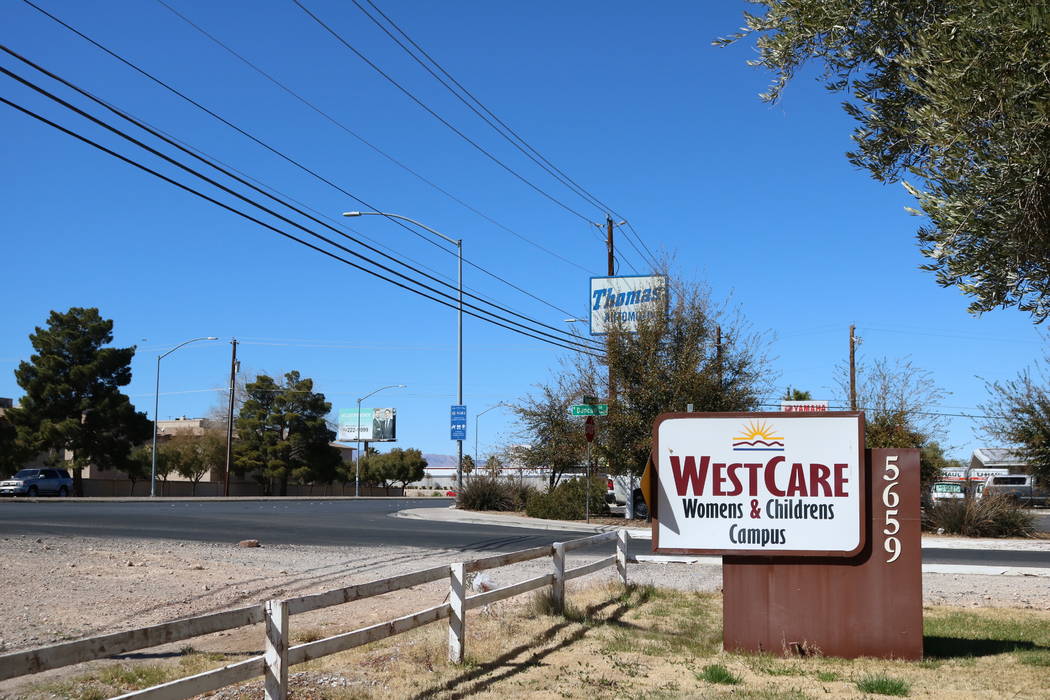
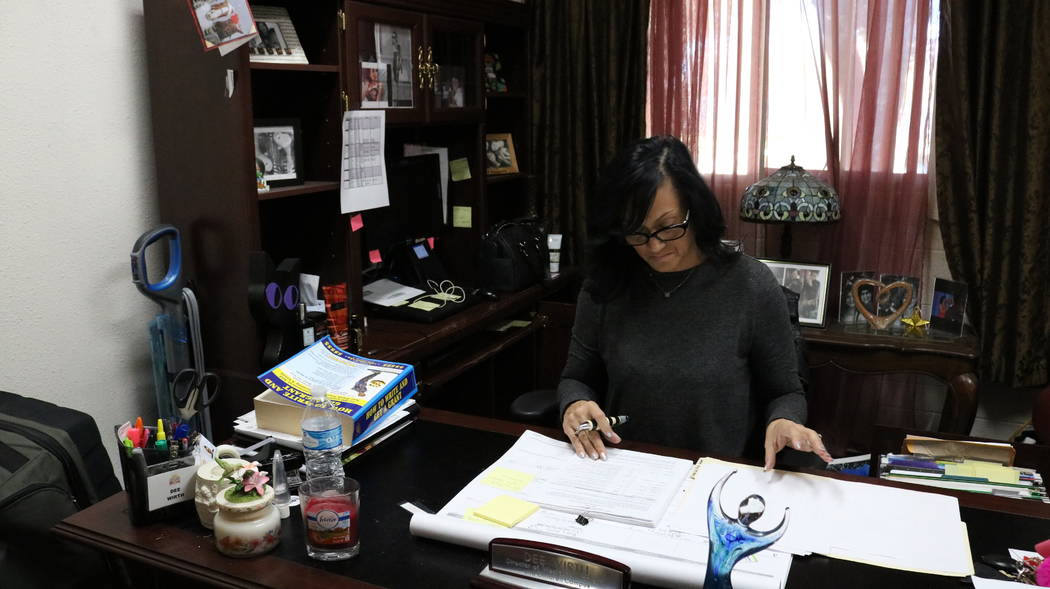
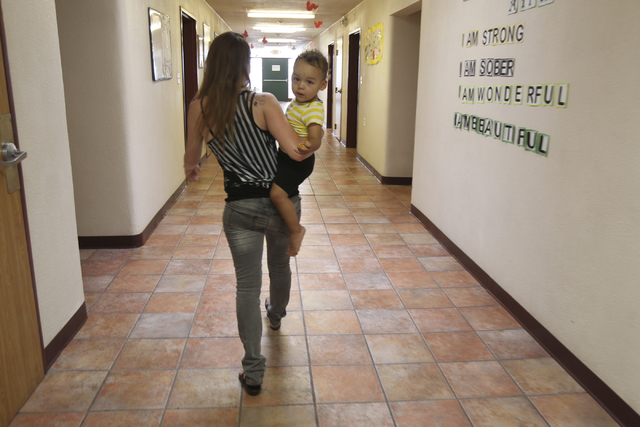
Dee Wirth knows what it’s like to live on the street. She knows what it’s like to struggle with drugs and alcohol and feel powerless to change that.
She also knows what it’s like to survive, recover and fight addiction with a vengeance.
Wirth, 50, is the director of the WestCare Women and Children’s campus in the northwest valley, a substance abuse rehabilitation program in which women can live with their children receiving treatment.
WestCare is a group of nonprofits that provide residential and outpatient services in 22 states and territories, including Nevada.
Services include substance abuse and addiction treatment, homeless and runaway shelters, domestic violence treatment and prevention, and mental health programs for adults, children and families.
Wirth started using methamphetamine when she was 21; she’d already had a drinking problem, she said.
“The drinking led to the environment, which led to drugs and the drugs led me to a lifestyle” Wirth said. “Then with the lifestyle I met my children’s father, who is somebody I went to high school with, but you know he was dealing the drugs; then I was getting the drugs for free.”
Soon after, they were married and Wirth was pregnant.
By 30, Wirth started getting caught for criminal activity. She had broken the law before, but now she was getting caught.
The couple went from living on the streets to couch surfing to living out of their car.
“I think we scraped together nine months clean and sober, but that’s because we opened up a (Child Protective Services) case and they took our kids,” Wirth said. “It was the most hopeless time of my life.”
When Wirth was arrested for robbery in 2000, she received three years probation. Then she ran.
When her probation officer finally caught up with her, she had drugs in her system, so she was taken into custody.
After 65 days in jail, a judge decided to send her to treatment instead of prison. Then, on Oct. 11, 2004, she walked through the doors of WestCare for the first time.
She arrived without her children at first: They ended up with her husband and his new girlfriend while she was in custody.
But when the kids came back to visit with their father, Wirth found out they hadn’t been enrolled in school.
“So the director let me keep my kids,” Wirth said. She entered the center’s Healthy Families program and stayed for two years. While there, she completed her Certified Nursing Assistant certificate.
“This became my home; these people had become my family; this was my house,” Wirth said. The directors of the facility were like her “parents.”
When a monitoring technician position opened, Wirth applied, and she got it.
“I was making $12 an hour, which was the most money I ever made legally,” Wirth said. “I was so excited.”
Wirth was promoted up the ranks. She left for the for-profit sector in 2012 after earning her Master of Business Administraiton degree but returned four years later when the position of director opened.
Now, Wirth uses her experience to treat her clients with tough love.
Wirth said she might not know how to bake a cake or change a car battery, “but this right here … drug addicts and alcoholics, I have a Ph.D.,” Wirth said. “(I tell my clients) Just do what I say and everything will be all right. I would never do anything to hurt you.”
Las Vegas has long struggled with how to serve its diverse homeless population, Wirth said, which includes those with substance addictions or mental health issues, as well as victims of human trafficking and the newly homeless.
“I think what people don’t understand is that our women, they suffer from a million demons that they’ll never know about,” Wirth said. The biggest barriers, she thinks, are affordable transitional housing and affordable day care.
When a woman comes to WestCare with her children, she has 90 days to get sober and learn coping and parenting skills. Then she’s back out.
“Our hope is that we can establish some transitional housing for a period of time so they can become, stable, employed, self-sufficient and financially secure, but still have the supportive services that treatment can provide,” Wirth said. But that’s been a battle in Las Vegas, the smallest American city in a list of the top 10 homeless populations in the country.
“We do our best work with women who come in here and hit the ground running,” Wirth said. “This is the last stop right here. By the time a woman comes here, this is (her) last chance.”
Contact Madelyn Reese at mreese@reviewjournal.com or 702-383-0497. Follow @MadelynGReese on Twitter.
Las Vegas Regional Office
Phone: 702-385-3330
Social media: facebook.com/WestCareNV
For more information about WestCare Nevada’s programs and contact information for each, visit bit.ly/2Fdj9LI.














